The Return to Mother Earth in La Pulqueria
Embracing Ancient Mexican Wisdom with Pulque and the Art of Self-Discovery
La Pulqueria PV, a hidden gem nestled in the enchanting colonial streets between Centro and Zona Romantica in downtown Puerto Vallarta, Jalisco, Mexico, symbolizes the journey of returning to our ancestral roots with Pulque, a fermented beverage with a history spanning well over 2,000 years.
Tatiana, the owner of La Pulqueria PV, believes Pulque came into existence to bring the ancient peoples closer to the universe and that we as modern man, must return to the philosophies of both respecting and consuming what nature provides, Pulque. “Through the act of drinking Pulque, we honor the timeless bond with our Mother Earth, embracing simplicity and self-discovery,” she tells me as she hands me a second pint of Pulque.
Tatiana designed La Pulqueria for those in search for their inner self, for those in need of simplicity and for those in a stage of self-discovery of what’s important in life. As you walk into La Pulqueria, you quickly notice a large central table taking most of the space. Here, as Tatiana designed it, is where you share with others in your search, whether your come alone or with friends.
She explains how in an age of digital screens and hyper connectivity, people seldom keep eye contact for more than a minute, let alone making eye contact with each other. It’s why she designed La Pulqueria as an open space, to make eye contact with those who venture in while enjoying an ice cold Pulque served in a handmade clay tumbler.
What is Pulque?
At its core, Pulque is the result of fermenting Aguamiel, a luscious syrup extracted from various Agave plants. While various Agave species can yield this prized nectar, the Maguey Manso, more commonly as the Agave Pulquero, is highly favored for its superior Aguamiel.
The extraction of Aguamiel from the Agave Pulquero involves meticulous craftsmanship and skill taking two days to complete, ensuring the highest quality for Pulque fermentation. Enriched with abundant probiotics, pulque is a remarkable fermented drink that not only captivates the taste buds but also offers a sensory elevation akin to Mezcal. Holding a significant place in the world of traditional Mexican beverages.
Pulque Alcohol Content
Typically ranging between 4 to 7% of alcohol volume, Pulque offers a gentle intoxicating effect, allowing enthusiasts to savor its flavors without being overwhelmed by its potency.
This makes Pulque an ideal choice for those seeking a nuanced drinking experience that awakens the senses without compromising clarity of thought.
Apart from its modest alcohol content, Pulque enthralls connoisseurs with its impressive array of probiotics. These beneficial microorganisms contribute to a healthy gut flora, promoting digestion and overall well-being. With each sip of Pulque, you not only indulge in a delicious beverage but also nourish your body with natural goodness.
Pulque Mexicano: Captivating the Hearts of Those Who Encounter It
Pulque stands as a testament to Mexico's rich cultural heritage and a vibrant symbol of the country's deep-rooted traditions. This ancestral beverage traces its origins back over 2,000 years, evoking a sense of awe and reverence. Crafted through a natural fermentation process, Pulque emerged as a remarkable fusion of art and science, a drink that harmonizes the ancient with the contemporary.
In ancient times, Pulque was revered as a sacred libation, believed to have been a divine elixir bestowed upon humanity by the sky people. Ancient civilizations saw intoxication as a transcendent state, connecting mortals with the realm of the divine. Serving as a medium for spiritual communion, facilitating a profound union with the cosmos. This profound reverence for Pulque as a conduit to the divine still lingers today, infusing the drink with a sense of mystique and reverence.
“Our universe will cease to exist without life. Everything in our current existence and all that ever was, has a purpose to exist.” — Tatiana, Owner of La Pulqueria PV
Oaxaca’s Mezcal Culture Lives in Puerto Vallarta
During our multi day and very long conversations over Pulque, Tatiana conveyed the idea that I’m incompatible with most commercial high alcohol spirits because like myself, a fire rabbit, they too represent the fire element. And those who derive from the fire element tend to be very passionate in nature with a strong kindle of both fire and light within them and because of this, seldom need outside influences to stimulate the senses.
“When fire and fire clash, it’s a recipe for disaster” she goes on while offering me a shot of Mezcal. She continues, “those of the fire element like yourself, should gravitate towards alcoholic beverages represented by the earth and water elements. In other words, Mezcal, Pulque, Tuba, Tejuíno, Tepache, Aguardiente and Raicilla.”
Intrigued by her words, I took a sip of Mezcal, a spirit deeply intertwined with the cultural fabric of Oaxaca. The herbaceous aroma and complex flavors danced on my palate, evoking a sense of connection to the ancient traditions and the rich heritage of Mexico. Mezcal, like Pulque, serves as a conduit to the elemental forces that shape our existence. At that moment, I couldn't help but contemplate the profound significance of embracing the elements that resonate with our core being.
How ancient fermented Mexican beverages and spirits offer a path of self-discovery and a deeper understanding of our place within the intricate tapestry of life. In Puerto Vallarta, where the vibrant pulse of Oaxaca's Mezcal culture thrives, I found solace in the embrace of Pulque. Because as I learned when fire and fire clash, it can be a recipe for disaster. But when fire harmonizes with the earth and water, the result is a symphony of flavors, gentle whispers, and a deep connection to the essence of our existence.
La Pulqueria PV closed in 2020, leaving behind a legacy of ancient wisdom and a longing for the return to Mother Earth.



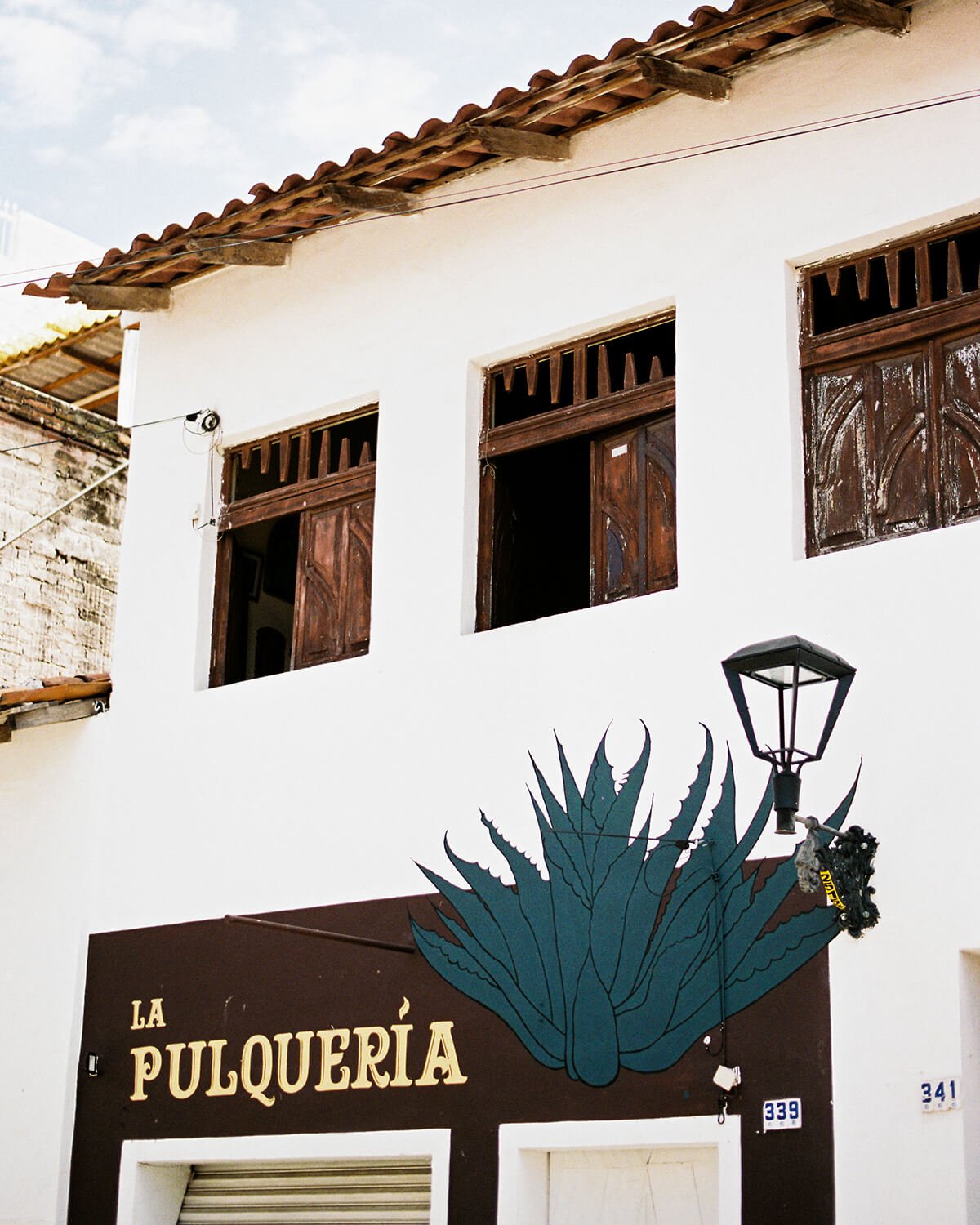
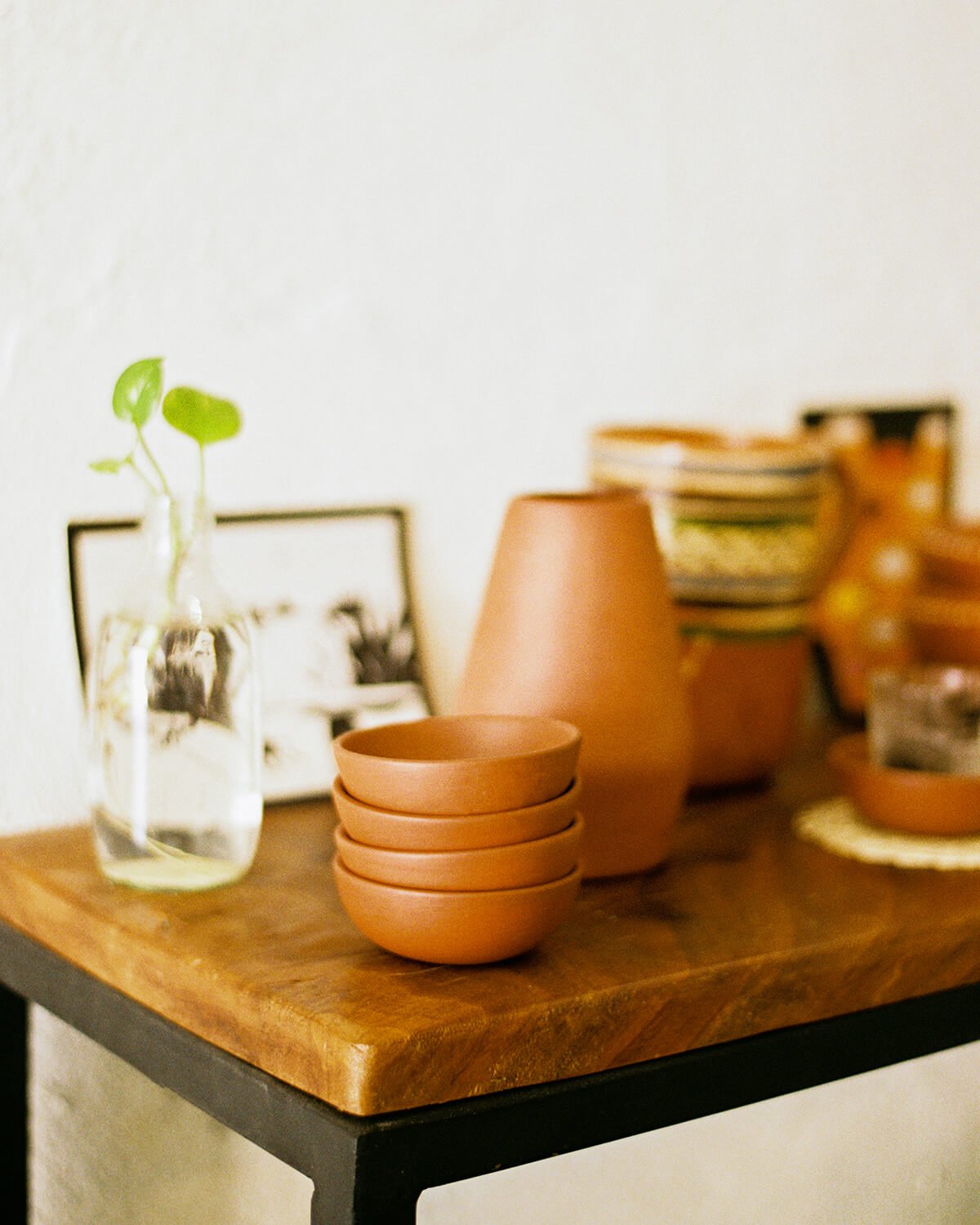
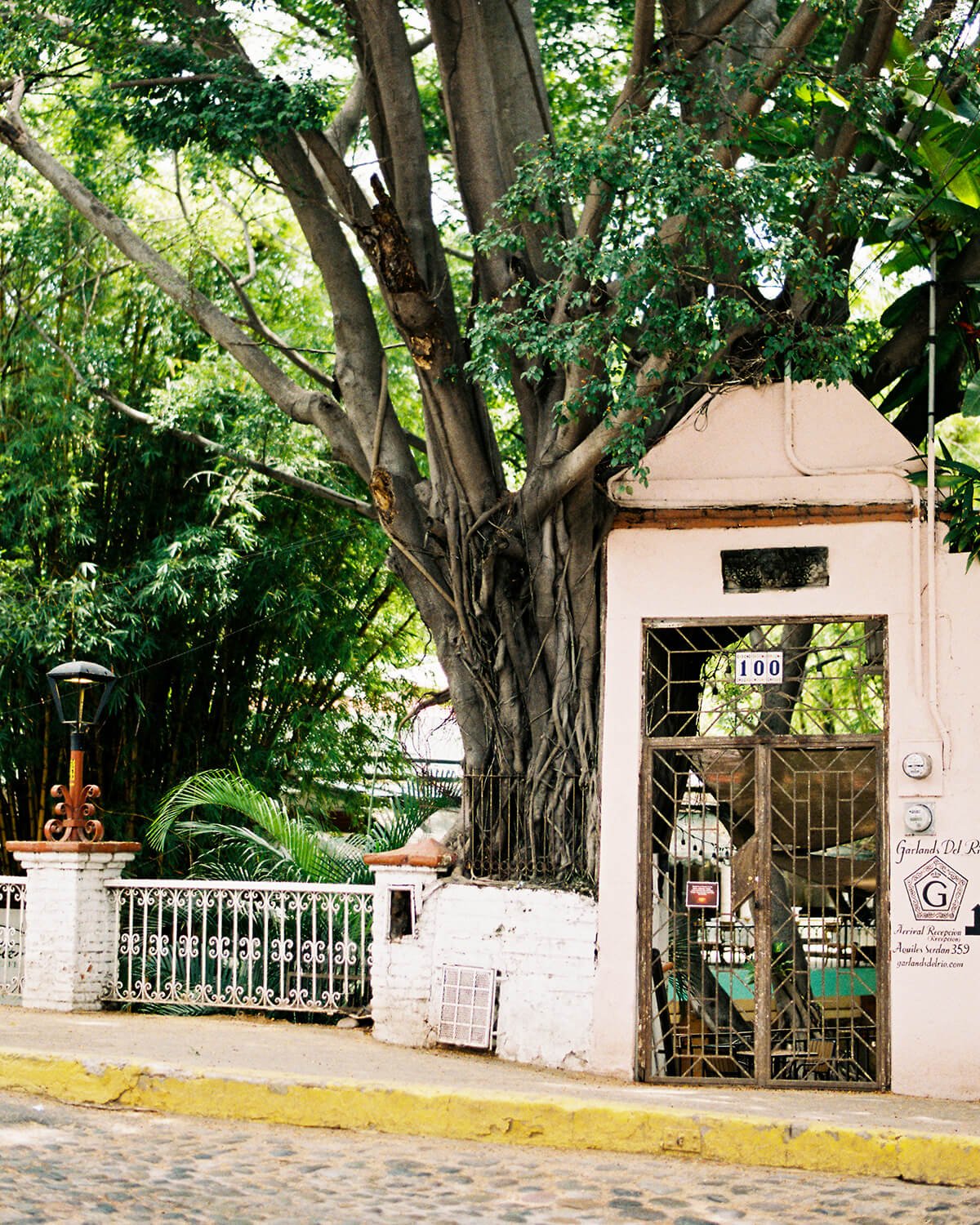
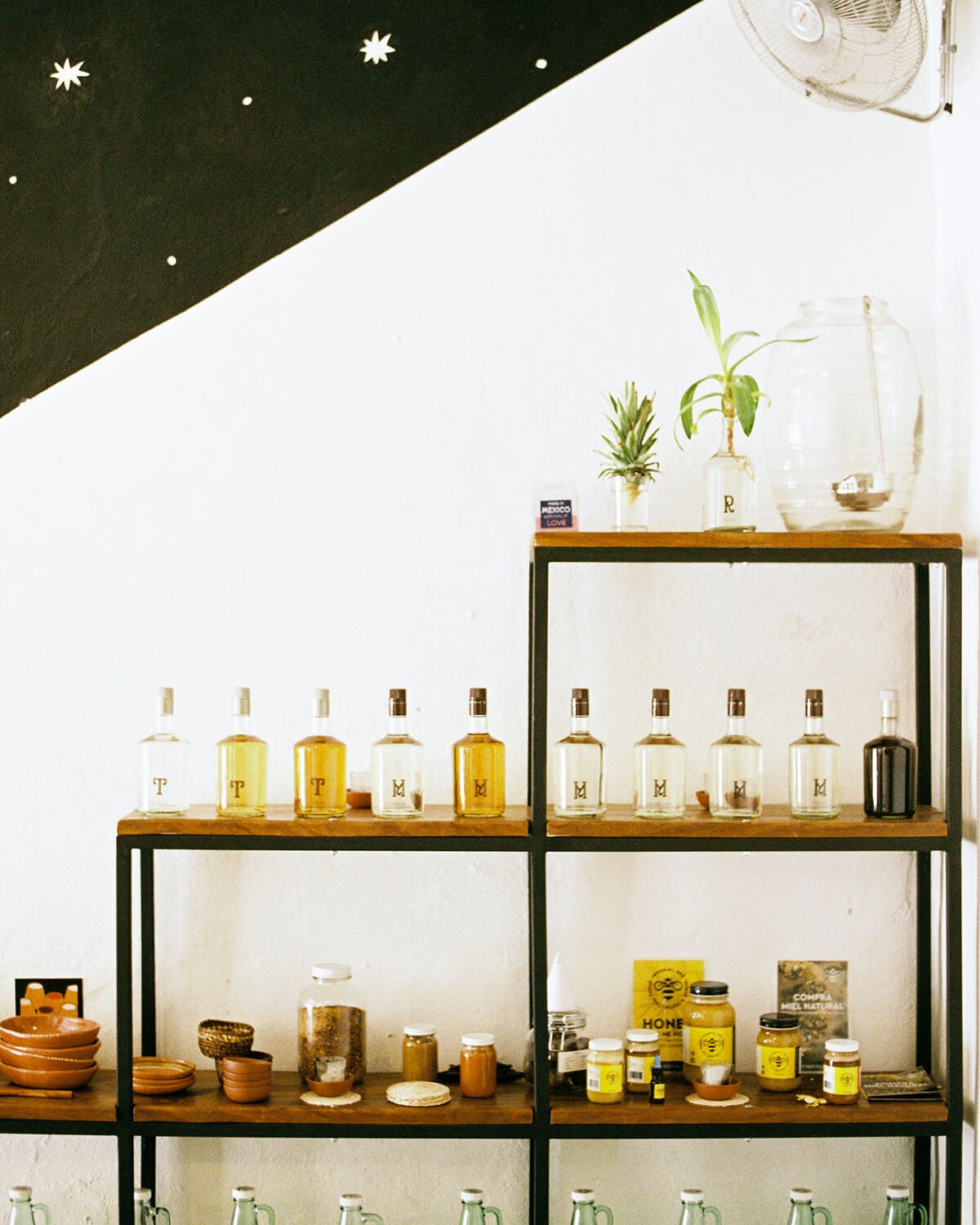
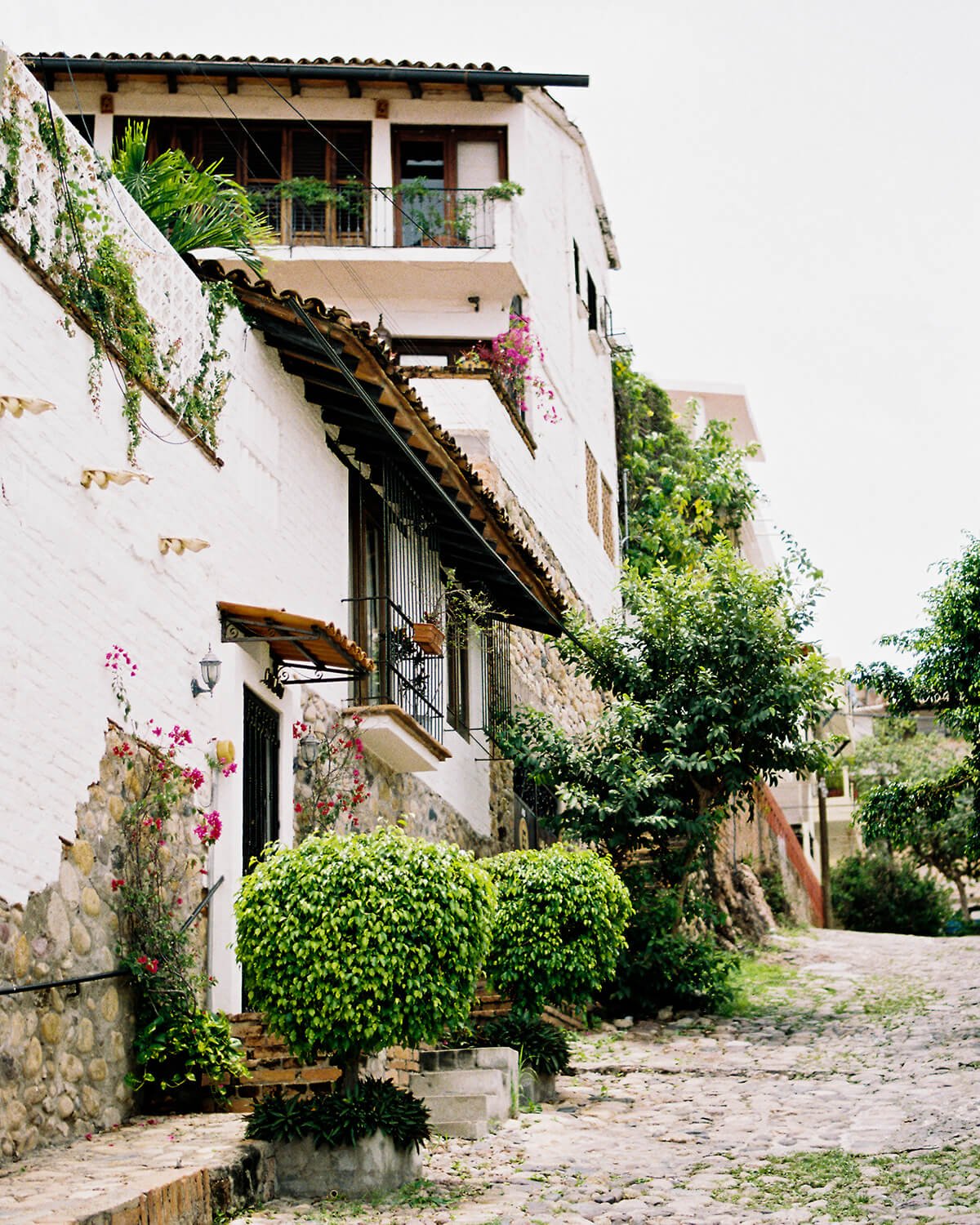




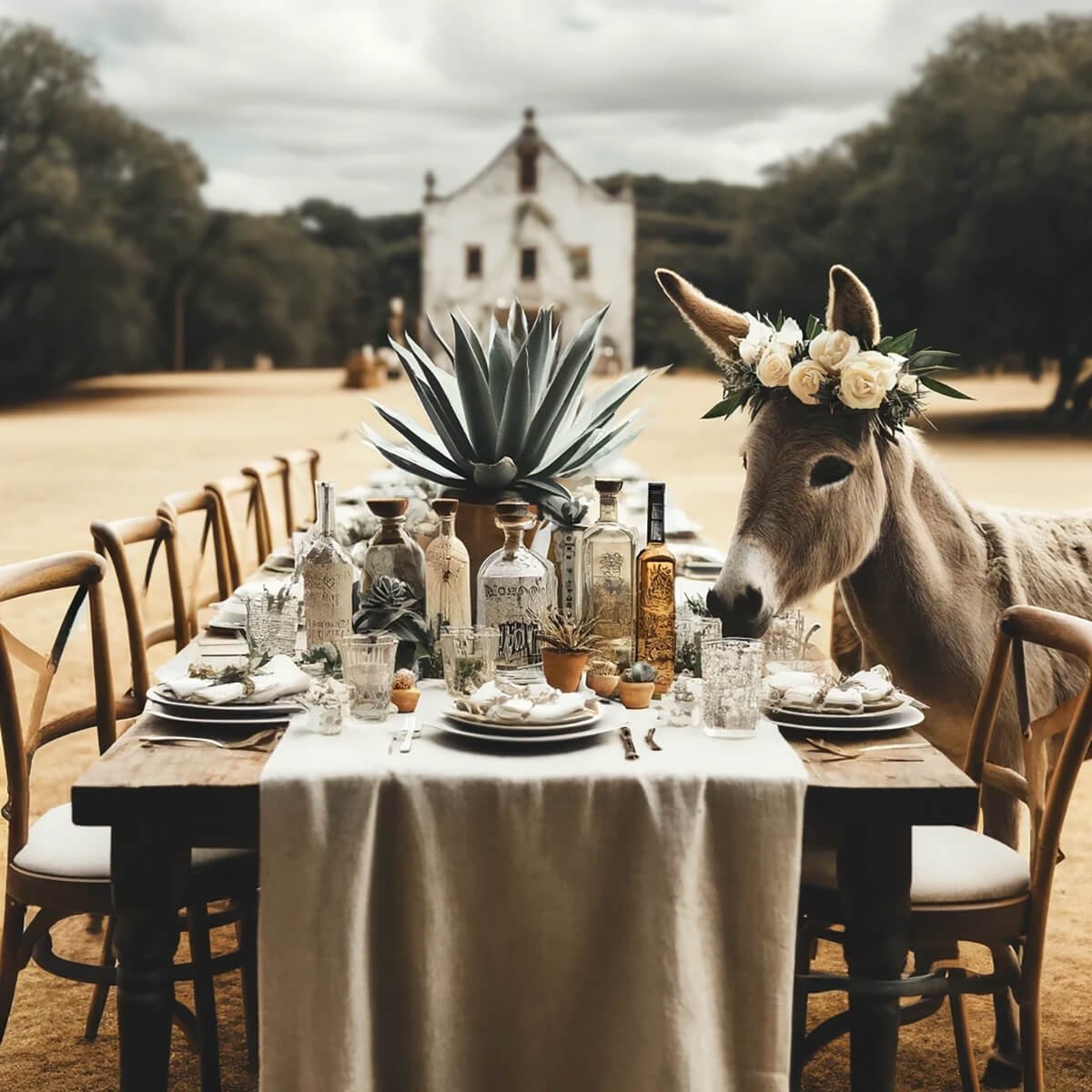












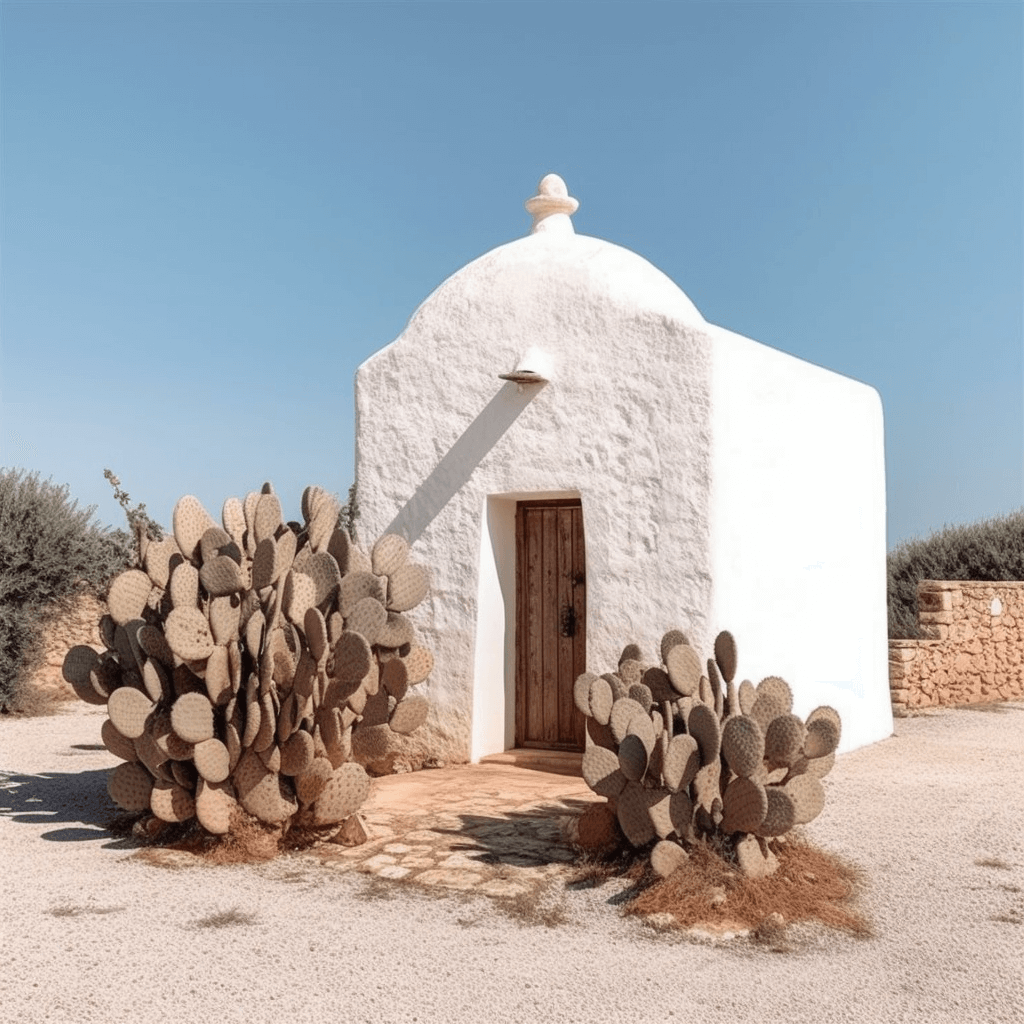


Year round out of the box locations to propose to your fiancé in Los Angeles.